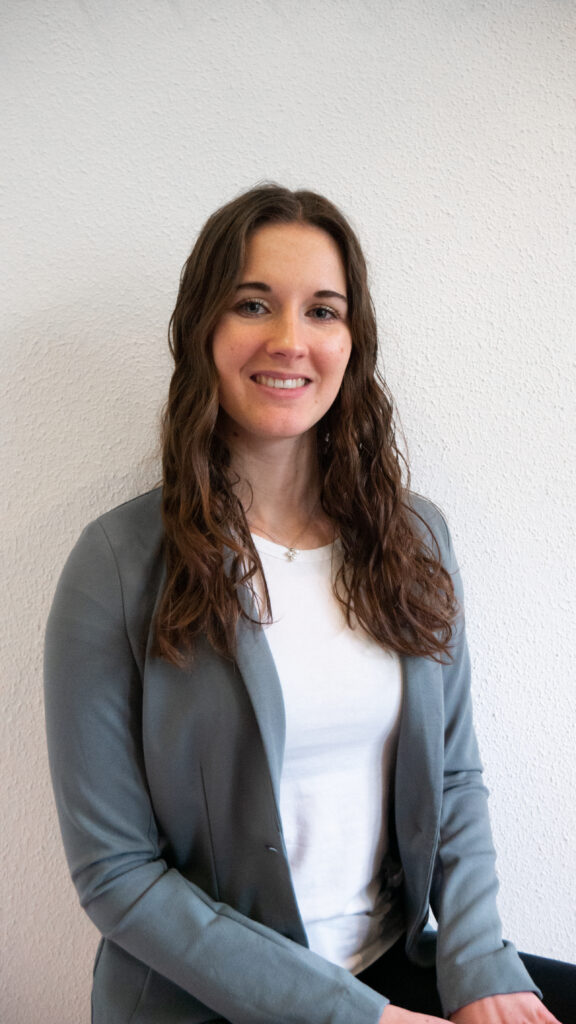
Master
physics
Short info about the course of study
| Restricted admission | Standard period of study | Start of studies |
| no | 4 semesters | Summer and winter semester |
Authorisation procedure
The program is admission-free, but an application is required.
Application deadline
EU citizens:
Winter semester: until 30 September
Summer semester: by 31 March
Non-EU citizens:
Winter semester: until 30 April
Summer semester: to 31. December
completion
Master of Science
Further information about the degree programme
Brochure Specialization in Particle Physics
Brochure Specialization in Quantum Optics and Quantum Information
Brochure Specialization in Solid State Physics
Language of instruction
German and English
The course of study
The Master's programme in Physics is research-oriented. It is based on the scientific foundations that you have acquired in your bachelor's degree program. Here you will be able to specialize in the research activities of our department. These include:
- Experimental solid state physics
- Quantum Information Theory and Fundamentals of Quantum Mechanics
- Experimental quantum optics and nano-optics
- Theoretical particle physics
- Experimental particle and astroparticle physics
On the one hand, the modules in the first year of study ensure you well-founded coverage of modern physics. On the other hand, you will be able to prepare for research in the fields of particle physics, quantum optics and quantum information or solid state physics that you have chosen.
The second year of study is dedicated to research. You will complete your master's thesis within a working group of our department.

5 reasons for your studies Physiotherapie in Siegen
✓ individual support of internationally renowned researchers
✓ Research in the areas of specialization leading internationally
✓ multi-cultural and familial study atmosphere
✓ excellent preparation for your profession(s)
✓ low cost of living and attractive leisure opportunities in the surrounding area
Career prospects
Whether you want to continue your career in elementary particle physics, quantum computing, the semiconductor industry or the financial sector, with a Master in Physics you have many paths open to you in research, industry and the service sector. You bring a wide-ranging education and have gained initial experience with research projects. In addition, you are well prepared for an academic career and can now do your doctorate.

This is what Alice Bremerich says about her course of study:
“...offering an attractive working environment...”
Read more
Because of the current research topics, I decided to focus my studies on the field of solid state physics. With four research groups in different areas of focus in this field, the University of Siegen is broadly positioned. This offers students an attractive working environment, whether they have a particular interest in data analysis or want to study solids using sophisticated experimental methods. During the time of my master's thesis, it was possible to work with other working groups from the Department of Physics and Chemistry, which gave me a broader view of the field of application of our research.
Admission requirements
You have a qualified bachelor's degree in physics or a natural sciences subject (university or university of applied sciences).
You have sufficient knowledge of German and English, unless you have obtained your degree in a German-speaking institution.
If you have an equivalent qualifying degree, equivalence will be determined by our Examination Board, contact: https://www.physik.uni-siegen.de/pruefungsamt/
The requirements for our international students can be found at: https://www.physik.uni-siegen.de/studium/master_program/admission.html
The current examination regulations always apply.
Study organisation
Examination regulations/course plans/module descriptions
Examination regulations (POs) define the basic structures of a course of study (e.g. entry requirements and content to be studied). For students, the current version of a PO automatically applies when enrolling in the first semester. This means that even in the event of changes to the PO during the course of your studies, the original version according to which you have registered is valid (provided that this PO does not expire).
The respective course plan represents the recommended exemplary course of study in the individual subjects and is part of a PO.
Additional regulations and details for each module to be studied can be found in the module descriptions (e.g. prerequisites for taking a written examination or information on the content of the modules/events, ...) and are part of the PO.
Before the start of the lecture period, we recommend that you at least look at the course schedule of your course of study so that you know which modules are planned for the start of your studies.

Advice and contact
Make an appointment now at:
info.studienberatung@zsb.uni-siegen.de
or by phone at: 0271 740-2712
(Mon – Thu: 9 a.m. - 4 p.m. / Fri: 9 a.m. – 12 noon)